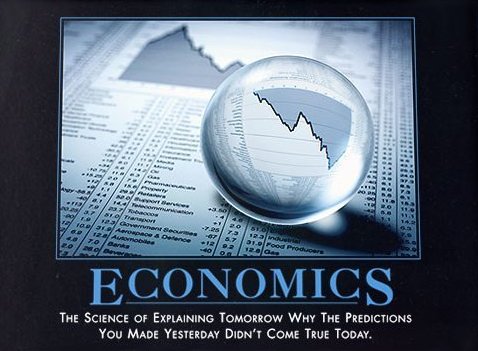Ten years after the attacks I can remember vividly that day. Students and teachers sat in amazement staring at the 27" televisions throughout the school. Since that day I have had former students serve in Iraq and/or Afghanistan. My children are only 8 and 4 so only know what we tell them .
The students I have in class now were about the age of my oldest when the World Trade Center and Pentagon were attacked. Student memories each anniversary are a little bit different. On the 20th anniversary I will have a group of students that only knows the event from a history book.
All tragedy has social, political, and economic impact. The image below shows some of the lasting economic destruction from 9/11.
The immediate losses in terms of direct costs exceeded $30 billion. The airline industry received federal aid of $15 billion. In the days and weeks that followed the $25 billion a year New York tourist industry decreased to $12 billion for the first year. The estimates for New Yorkers lost wages was $2.5 billion (Hubbard "The Economic Effects of 9/11").
The long term economic impact is varied and really impacts the country as a tax or extra cot related to regulation.
New York Times Link
Travel
The effects of the tragedy on travel and tourism continue to be felt today, however, in the form of higher fuel costs, vastly stricter security and safety checks and procedures and the creation of the Transportation Security Administration (TSA). The resulting wars in Afghanistan and Iraq also fed a lot of new business the airlines’ way, as flights were, and continue to be, chartered to transport troops to and from war zones.
Defense
The U.S. response to 9/11–the Iraq War and War on Terrorism–led to
huge increases in military, defense and security spending that drove a
projection of U.S. military power that’s only begun to wind down in the
past year or two. While this stimulated the U.S. economy and prevented
or deterred subsequent terrorist acts, it has also been a primary
contributor to ballooning U.S. government debt and deficits.
Energy
9/11′s lasting economic impact can also be clearly seen and felt
across the energy sector, as well as in the heightened attention and
sense of urgency attending energy policy formulation and practice across
all levels of government and in the private sector.
9/11 drove home a more complete sense of the true, increasingly high
and unaccounted for costs of U.S. dependence on oil and fossil fuels.
In addition to fueling interest and investment in renewable energy and
clean technology, it has led many to reconsider how we produce
electrical power and fuel, how and how much of it we use, how much of it
we need and from what sources they are, could and should be produced.
Monetary Policy
Less apparent, 9/11 was a significant stepping stone in the evolution of U.S. monetary policy.
Occurring shortly after the bursting of the stock market “Internet
Bubble,” the 9/11 attacks led then Fed chairman Alan Greenspan and
colleagues on the Federal Reserve Board to once again drastically lower
interest rates and loosen monetary policy.
That loose monetary policy was never curtailed, and that, along with
other factors, fueled rapid debt creation and asset inflation,
particularly in the housing and real estate markets. All this came to
an abrupt end in late 2007 and 2008 with the deflationary spiral that
included the implosion and near collapse of the housing market, banking
industry and financial system.
~ Gobankingrates.com
Comment below...What are your thoughts regarding 9/11 as a 7 year old? How much longer will the economic impact be felt? Which parts of what you read above surprise you?













